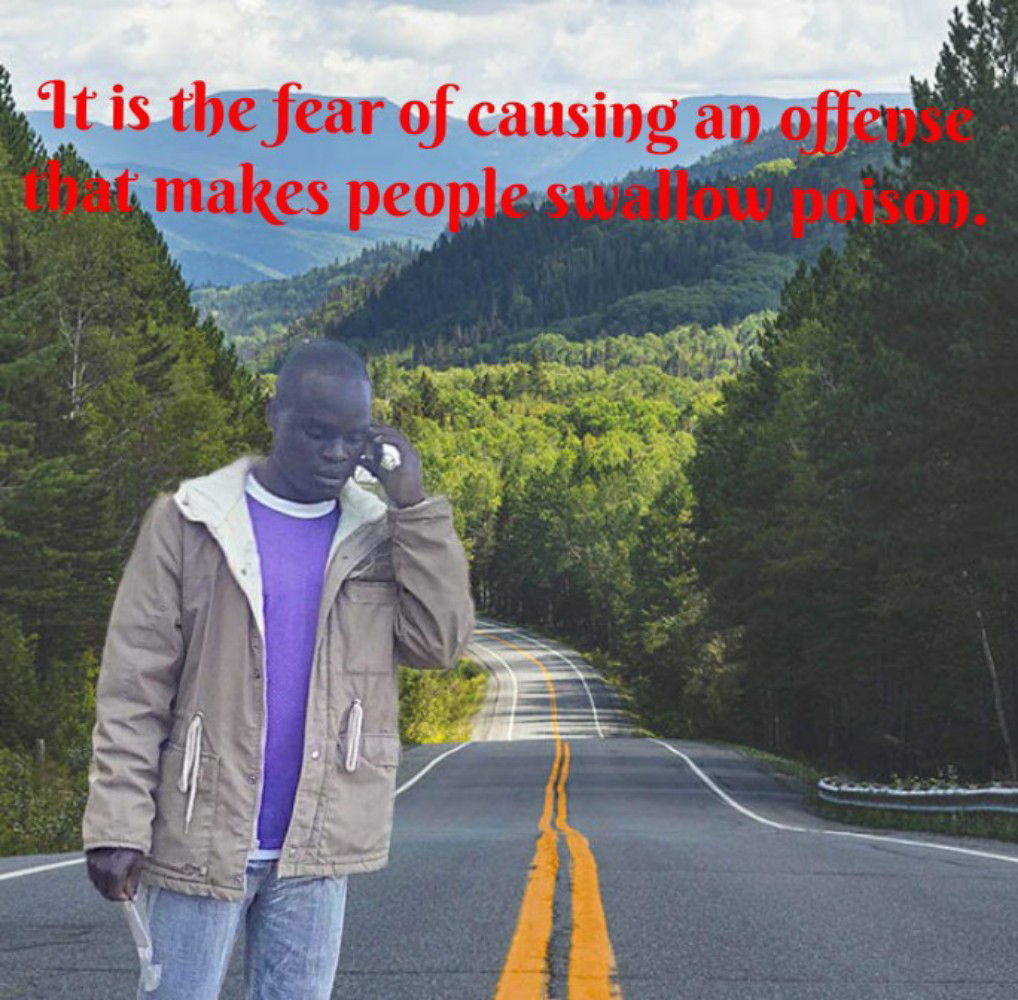THE IMPERATIVE OF COHESION FOR GOAL ACHIEVEMENT HARNESSING UNITY
In a world brimming with diverse perspectives and opinions, the dire need for unity stands out as a rallying cry for progress. Whether it's within families, societies, groups, or political parties, the power of working together toward a common goal cannot be understated. However, the path to achievement is riddled with obstacles, one of the most prominent being internal conflicts. Navigating these challenges and fostering harmony is not just a desirable trait, but an essential prerequisite for success.
Unity functions as a force multiplier. When families, societies, groups, or political parties collaborate seamlessly, they pool their talents, resources, and ideas, creating a synergy that propels them forward. Each entity contributes a unique perspective, enriching the overall strategy and enabling a holistic approach to problem-solving. In a united front, strengths are magnified, weaknesses are mitigated, and the collective becomes greater than the sum of its parts.
Yet, achieving this harmony is far from simple. Internal conflicts can arise from differences in opinions, personal ambitions, or external influences. To prevent these conflicts from derailing progress, open communication and a shared sense of purpose are paramount. A family that communicates effectively can address misunderstandings before they escalate. A society that values inclusivity can accommodate diverse viewpoints without compromising its shared values. A group that encourages cooperation can find common ground amid divergent opinions. A political party that prioritizes its overarching goals can rise above personal agendas.
Successful models of unity have existed throughout history. The Civil Rights Movement in the United States demonstrated the power of a united society striving for justice and equality. International collaborations like the Paris Agreement showcased the impact of unified global efforts toward a sustainable future. These instances prove that when conflicts are minimized and collective energy is harnessed, transformative change becomes achievable.
In conclusion, the dire need for unity within families, societies, groups, and political parties cannot be overstated. The world faces challenges that demand collaborative solutions. While internal conflicts are inevitable, they are not insurmountable. By fostering open dialogue, promoting shared values, and prioritizing common goals, unity can be achieved. It is incumbent upon each of us to recognize that our collective potential far outweighs the transient satisfaction of individual victories. Let us heed the lessons of history and work together harmoniously, so that we may leave a legacy of progress, not only for ourselves but for generations to come.
As Martin Luther King said "I cannot be what I want to be ....u until you are what you want to be. Meaning we are mutually dependent. Let us learn to understand each other and sort out our differences with love since we as a family, group society, party ,or friends have a common goal."





Comments
Post a Comment